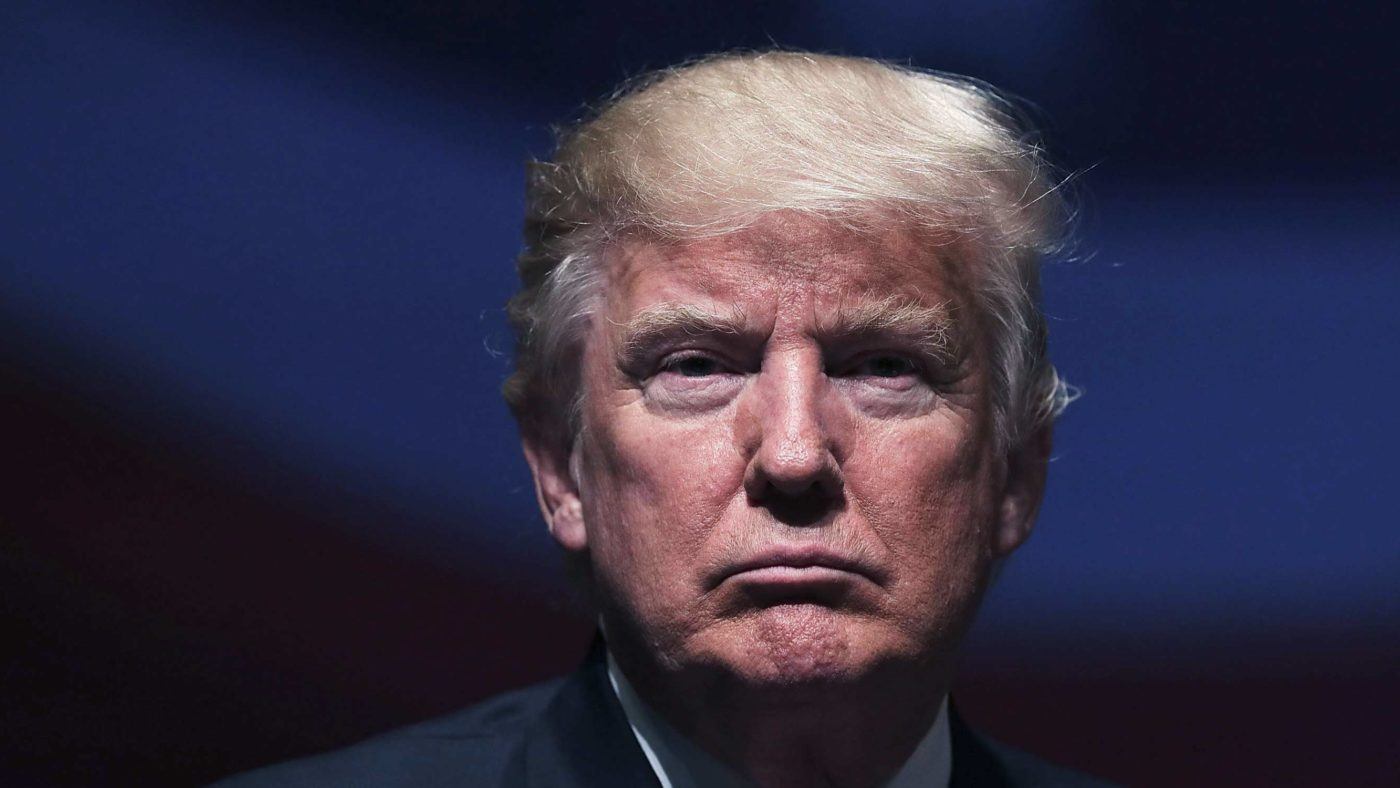Sometimes it is hard to hang on to the thought that it is less than three months since Donald Trump was sworn in as President of the United States of America. It has been an exhausting period, as the United States, and the wider world, comes to terms with a presidency like no other.
But some things are already clear – not least that the odds on Trump’s presidency being a success are constantly lengthening.
With the notable exception of his selection of Neil Gorsuch as his nominee to fill the current vacancy on the US Supreme Court, it is hard to point to significant victories for the new administration. The Wall remains unbuilt; the swamp undrained. Trump’s presidency has started badly – and, if current trends continue, will fail ignominiously.
Admittedly, no new administration hits the ground smoothly. The White House is a harsh learning environment at the best of times; mistakes are magnified and blunders multiply.
Even so, Trump’s team is already unusually dysfunctional. And this, it is reasonable to presume, is not an accident, but the way the president likes it.
Organisations, especially political ones, take their cues from the top. That is where their culture is formed. Moreover, a presidential campaign is the best indicator of how a new president is likely to operate. Nothing can truly prepare anyone for the job, but the gruelling and complex nature of the campaign process is designed to weed out those who are plainly not fit for life in the Oval Office.
In 2016, thanks to a remarkable concurrence of unusual events, that system failed. The result is the least qualified administration in living memory.
Trump’s chaotic campaign prefigured his chaotic White House. But that is because Trump, in fact, is unusually ill-equipped for the presidency. He considers himself the master of the deal, but his understanding of what makes a deal is one in which he gets everything he wants and you get nothing. It’s not a victory unless someone gets screwed.
Washington, however, does not work like that. Even in an age of fixed party loyalty, in which congressional politics is increasingly likely to be treated as a zero sum game, achieving anything requires some measure of compromise. Washington is a city of trade-offs. As his mishandled attempts to “repeal and replace” Obamacare have demonstrated, that’s anathema to Trump.
Steve Bannon is the closest thing to a Svengali there is in the Trump White House. But in political terms, he is still barely out of nappies. During the healthcare wrangling, he reportedly told Republican members of Congress they had no choice but to back the President’s agenda. It turns out they did have a choice. Members of the conservative Freedom Caucus suggested the President’s adviser could go and stuff himself. Or words to that effect.
The marriage between the GOP’s economic purists and Trump’s preferred brand of egocentric populism was never likely to prove a happy one, but it remains startling that relations have become so strained so swiftly. No wonder Rich Lowry, editor of National Review, suggested this week that “Trumpism is in crisis”.
As always, of course, there is someone else to blame. Or, as Newt Gingrich told Fox News, “I do think the establishment is working overtime to try to drive a wedge between President Trump and the Freedom caucus”. And so the betrayal narrative begins. Poor Donald cannot fail, but he will be failed by others.
.@newtgingrich: "I do think the establishment is working overtime to try to drive a wedge between President #Trump and the #FreedomCaucus." pic.twitter.com/nY0Rve4beI
— Fox News (@FoxNews) March 31, 2017
That’s not to say Trump has been neutered – merely that his ability to set the agenda is more constrained than he likely ever foresaw. He is the President, but the presidency is not what he may have imagined it to be. The reality-based community has struck back.
And yet, paradoxically, the President’s solipsism may offer the best hope available for Trump, the United States and the wider world. The fact Trump evidently believes in nothing save the importance of himself means some of the worst fears which greeted his election may yet prove unfounded. Trump is big on promises, but shorter on delivery. Promises, in the end, are only words – and words can be ditched.
Thus far at least, Trump’s plans to rip up the Iran nuclear deal or to abandon NATO or recalibrate America’s relationship with China have come to little. Perhaps their moments will come again – but for now at least, these and other promises which so alarmed the international community have been stalled by their collision with reality.
And as the presidency lurches from crisis to crisis – fending off Congressional and FBI investigations into the Trump team’s ties to Russia, for instance – so Trump’s ability to set the agenda is weakened. A presidency can survive scorn, but not ridicule.
Admittedly, Trump has not been tested by international crisis yet, and it is difficult to be sanguine about his likely response to any such crisis. But it is already clear that his presidency is weaker than it looks.
Democrats have no reason or incentive to treat with Trump while Republicans increasingly appreciate that loyalty to the administration comes at a price. Incentives matter even more in Washington than elsewhere.
If it is too soon to say Trump’s presidency has failed, it has nonetheless got off to a failing start. Sad.


